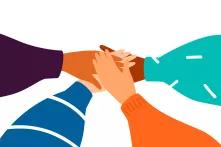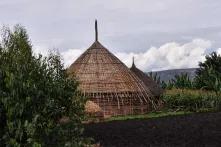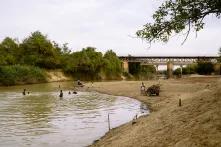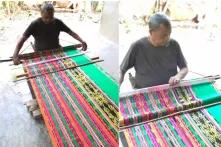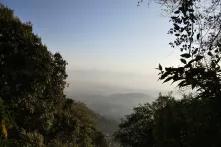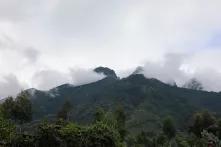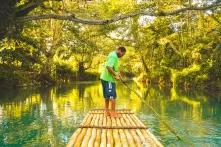Raising the Voices of Young Climate Leaders from the Global South in Climate Talks
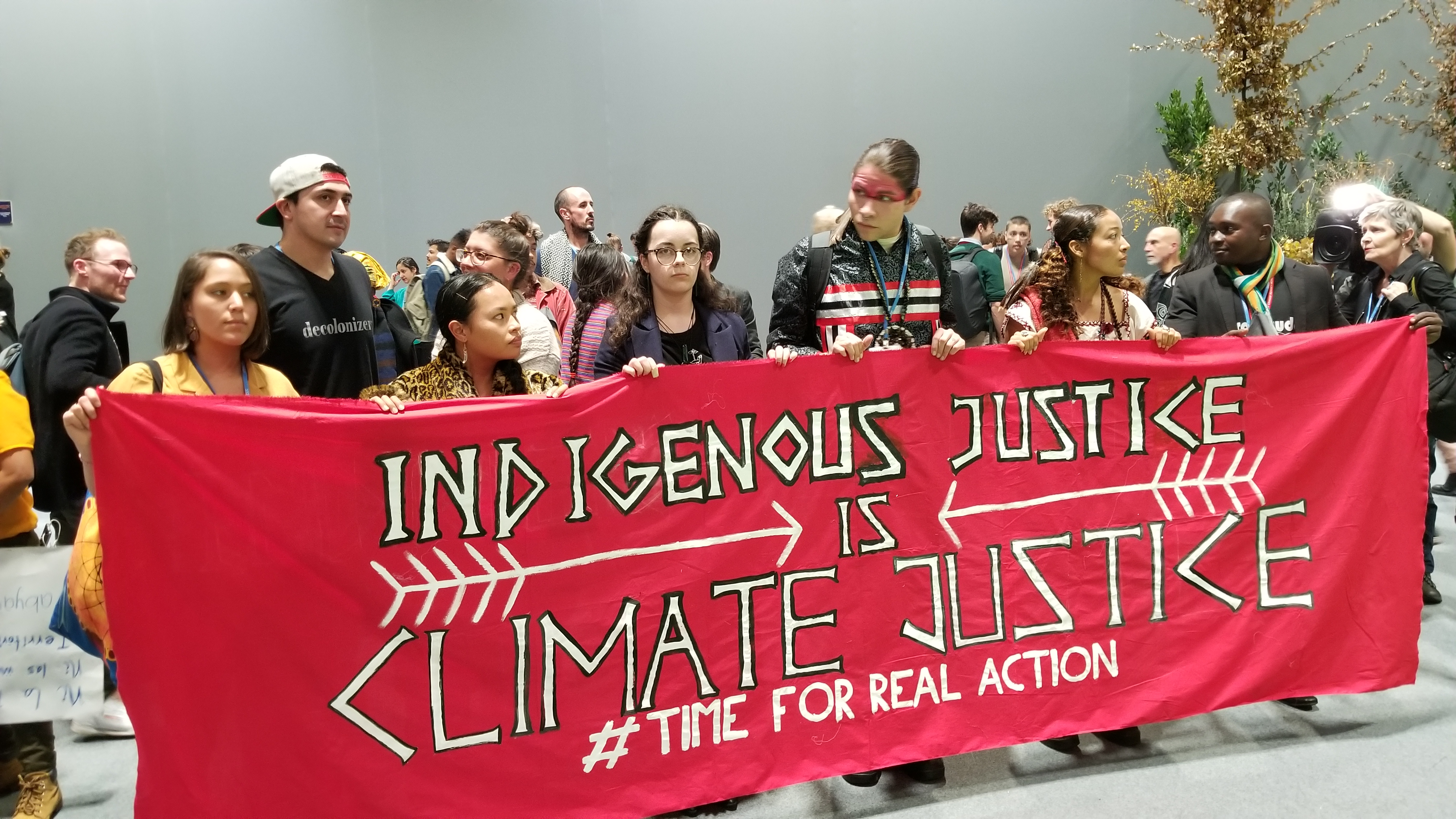
Long-standing racial hierarchies between white people and Black, Indigenous and People of Color (BIPoC), established during the colonial era, have been institutionalized at all levels. The legacy of colonialism explains why BlPoC people around the world, particularly those in developing countries in the global South, have heightened vulnerability to climate change. This vulnerability is compounded by gender dynamics for BIPoC women and non-binary people. Another legacy of colonialism is the pervasive power imbalance between the global North and South, which lays out both in global climate policy and in the multilateral negotiations under the United Nations Framework Convention on Climate Change (UNFCCC) and exacerbates vulnerability. While small island developing states (SIDS), least developed countries (LDCs) and African countries represent more than half of all Parties to the UNFCCC, their priorities are neglected. Only two percent of climate finance flows to the 38 SIDS and only 14 percent towards the 47 LDCs.
These dynamics are just a few examples that undermine the change needed to address the climate challenge and have resulted in a slow pace of climate action, despite the leadership demonstrated by these most vulnerable countries. To meet the targets of the Paris Agreement we must break away from the legacy of colonialism and right this power imbalance. One of the ways in which this can be done is by empowering young people from vulnerable countries in the global South who have already demonstrated leadership.
The Climate Leadership Initiative (CLI) attempts to do just this in the lead up to COP26 in Glasgow and for the climate negotiations process beyond. A fellowship program supported by the Heinrich Böll Stiftung Washington, DC and Bread for the World, it aims to build the capacity of young leaders between the ages of 25 and 32 in developing countries most vulnerable to the impacts of climate change, including Africa, the Least Developed Countries (LDCs) and the Small Island Developing States (SIDS).
We chronicle here some of the insights and contributions shared by the first cohort of young climate leaders participating in the CLI.
